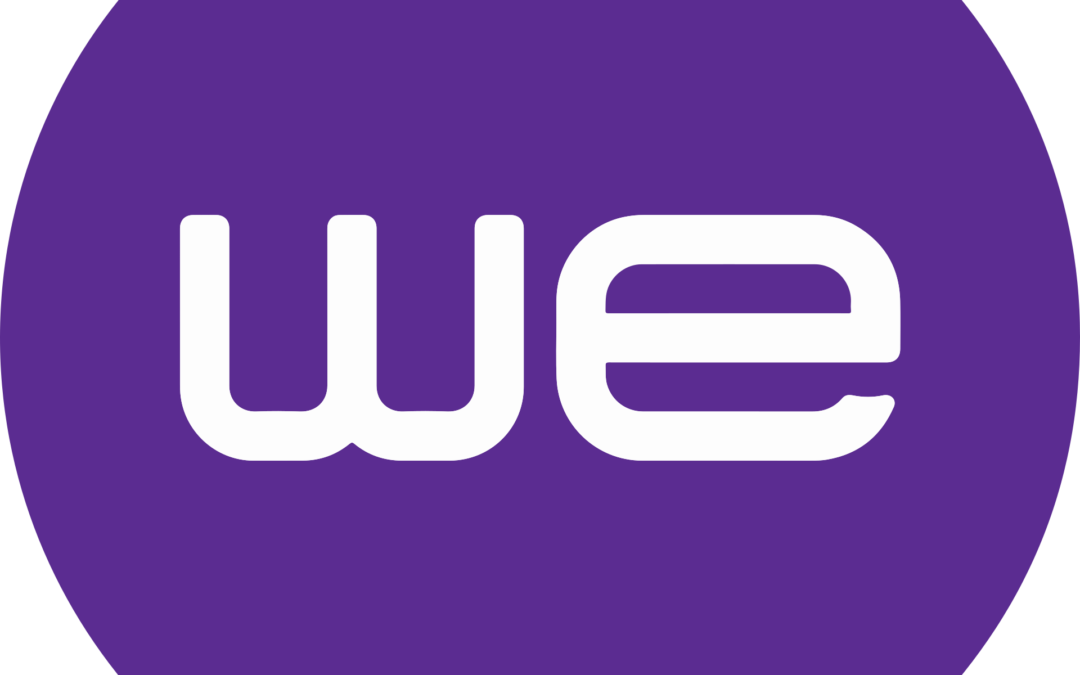The Middle East telecom sector has transformed dramatically during the 21st century. While some countries, like Lebanon and Syria, have only implemented subtle reforms, most of the countries in the region have noticed substantial growth in their respective telecom industries due to investments from the private sector. Moreover, countries like Saudi Arabia, Qatar, and the United Arab Emirates (UAE) were among the first to deploy 5G networks.
The following is a look at five recent headlines highlighting the state and growth potential of the Middle East’s telecom sector.
1. Egypt Sells 9.5 Percent Stake in Telecom Egypt
Egypt is the latest Middle East country to offer shares of its state-controlled telecom to private investors. In May 2023, the country’s finance ministry announced it had sold a 9.5 percent stake (162.2 million shares) in Telecom Egypt for $121.6 million. The transaction is part of a larger initiative to sell $2 billion in assets by the end of June.
Egypt signed a $3 billion, 46-month financial support package with the International Monetary Fund in December 2022. As part of the agreement, Egypt promised to grant private companies greater involvement in the economy. The state also offered an additional 0.5 percent of shares to Telecom Egypt employees. The government’s stake in the company has been reduced from 80 percent to 70 percent.
In a similar transaction, Saudi Arabia’s Public Investment Fund sold 120 million shares in Saudi Telecom (stc) for $3.2 billion in December 2021.
2. stc Partners with Qwilt to Offer Open Caching
To enhance streaming quality for its subscribers, stc announced that it was partnering with Qwilt to adopt and deploy Open Caching, a collaborative, cloud-based, next-generation streaming architecture that allows telecom operators to deliver faster and more efficient streaming to consumers from central locations. As a result of the partnership, stc subscribers and content providers will benefit from greater network performance, capacity, and consistency.
“We live in a digital era that is driven by content, and we want to support in unlocking all the possibilities it has to offer,” explained stc Group chief carrier and wholesale officer Mohammed Alabbadi. “By partnering with Qwilt, we will facilitate the delivery of high bandwidth, low-latency live streaming, gaming, and VR videos with unmatched performance. We want to provide a superior content delivery experience; a step to further support stc’s commitment to be the leading digital enabler in the region.”
While stc is the largest provider in the region to partner with Qwilt, it’s far from the only major operator to do so. To date, Qwilt has partnered with more than 150 service providers, including Verizon (North America), Airtel (India), and BT (United Kingdom). It also maintains partnerships with Disney and other content providers.
3. Zain and Omantel Enter Partnership
In another major collaboration, Zain is partnering with Omantel to create Zain Omantel International (ZOI). The joint venture is part of a broader plan for the two entities to establish the largest international wholesale services provider in the Middle East. Omantel, an integrated communication service provider (CSP), is the most prominent wholesale provider in Oman, while Zain is an operator with a presence in seven Middle East and Africa (MEA) markets.
ZOI will oversee the international wholesale activities of Omantel and Zain for more than 55 million customers in eight countries. Moreover, it will handle comprehensive telecommunications requirements of operators, data centers, international carriers, and cloud providers throughout the Middle East. The joint venture also allows both companies to increase regional competitiveness and reduce operating costs via shared access to world-class high-capacity and low-latency services.
As part of the deal, Sohail Qadir was appointed CEO of ZOI. The former vice president of wholesale at Omantel increased the CSP’s revenue tenfold during his 13-year executive tenure. Among other major projects at ZOI, he is overseeing the development of a terrestrial network that will connect several Middle East countries to data centers and landing stations.
4. Vodafone Group and e& Collaborate
Two other regional telecom groups—Vodafone Group and Emirates Telecommunications Group Company PJSC (e&)—also recently announced a strategic collaboration. The two entities originally entered into a partnership in May 2022 and, with the latest phase, e& is now a cornerstone shareholder of Vodafone. Among other partnership projects, e& and Vodafone will look into the viability of cross-border digital services, including IoT and cybersecurity, to public sector organizations and multinational customers.
5. Telecoms World Middle East 2023 Was Held in May
Many of the region’s major operators and telecom industry dignitaries convened in Dubai from May 30-31 for Telecoms World Middle East. Keynote presentations and panels for the two-day conference covered topics such as mainstream 5G, the content battlefield, connected industries, and AI and IoT.
Radio Free Mobile founder Richard Windsor, Virgin Mobile MEA CEO Hani ELKukhun, and Zain Group UAE CEO Andrew Hanna were among the guest speakers at the conference. Select panels included “A digital-first lifestyle and economy: Telcos shaping the connectivity and digital future of the Middle East” and “Competition in the enterprise 5G market: Can CSPs transform fast enough to compete?”

